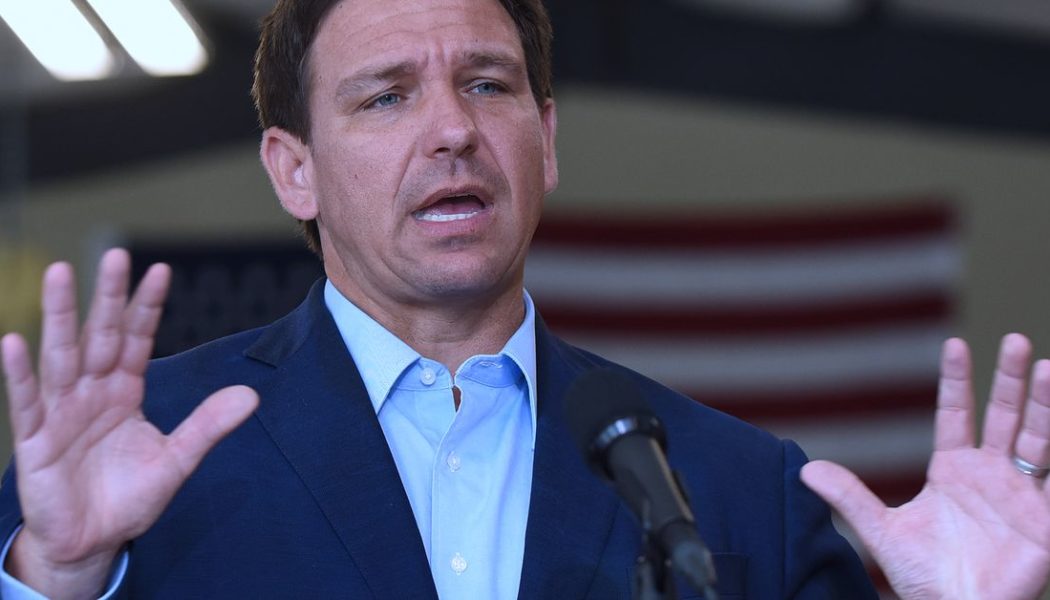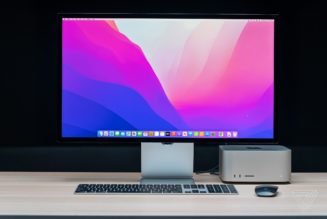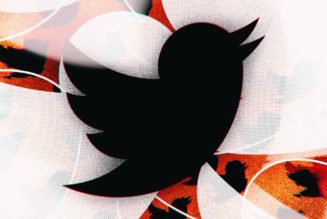
Florida Gov. Ron DeSantis signed a bill Monday that bars social media companies like Twitter and Facebook from “knowingly” deplatforming politicians.
The bill, SB 7072, was proposed in February, weeks after former President Donald Trump was banned from Facebook and Twitter after the deadly right-wing riot at the US Capitol. The law bars social media platforms from banning Floridian political candidates and authorizes the Florida Election Commission to impose fines if these candidates were to be deplatformed. The fines range from $250,000 per day for statewide office candidates and $25,000 per day for non-statewide offices.
“This will lead to more speech, not less speech,” DeSantis said during a press conference at the Florida International University in Miami Monday. “Because speech that’s inconvenient to the narrative will be protected.”
Many are already skeptical about the new law’s legality, with the tech-friendly Chamber of Progress calling it “clearly unconstitutional.” As a state law, the measure could be overturned if courts find it conflicts with Section 230 of the Communications Decency Act, which broadly immunizes platforms from liability for good-faith moderation activity. It could also be subject to a constitutional challenge under the First Amendment, which has been interpreted to broadly prevent government interference to corporate speech.
But regardless of its legal status, the measure will help establish DeSantis’ political bona-fides among the anti-tech wing of the Republican Party. For years, Republicans have pressured platforms like Facebook over their content moderation policies, accusing the companies of being biased against conservative speech online. DeSantis’ bill is one of the first major victories for populist Republicans in opposition to the power of Big Tech.
Carl Szabo, the vice president and general counsel for NetChoice, a trade group representing large tech companies like Facebook and Amazon, argued that the law could be found to be unconstitutional. “The First Amendment prohibits the government from compelling or controlling speech on private websites,” said Szabo. “If this law could somehow be enforced, it would allow lawful but awful user posts including pornography, violence, and hate speech that will make it harder for families to safely navigate online.”
Earlier this month, Facebook’s Oversight Board upheld the platform’s ban on Trump but called on the company to create new rules on imposing permanent suspensions. Facebook has six months to write this new policy and decide whether Trump should be allowed back on Facebook-owned social media platforms.
“This session, we took action to ensure that ‘We the People’ — real Floridians across the Sunshine State — are guaranteed protection against the Silicon Valley elites,” DeSantis said. “If Big Tech censors enforce rules inconsistently, to discriminate in favor of the dominant Silicon Valley ideology, they will now be held accountable.”








